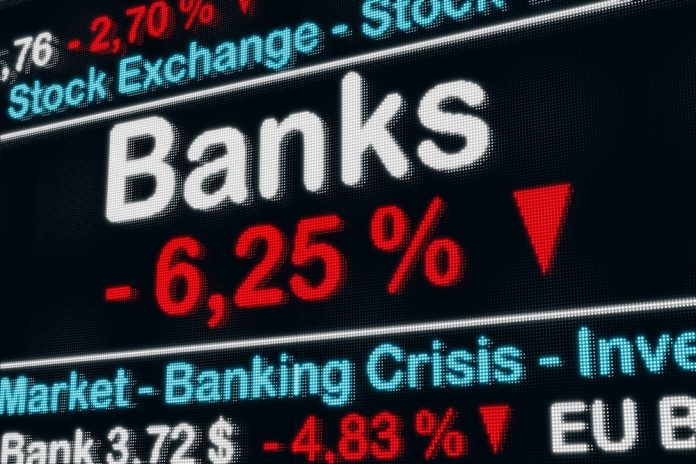
The “Shapiro Bubble” has finally popped, and it’s not just hot air escaping. Governor Josh Shapiro, once the darling of the Democratic Party and a potential VP pick, has found himself on the outside looking in. But before we shed any crocodile tears for the governor, let’s dive into what this means for the markets and your hard-earned dollars. Buckle up, because this ride might be bumpier than a Pennsylvania pothole.
The Fall from Grace
Governor Josh Shapiro’s star was on the rise, with many seeing him as a potential running mate for Kamala Harris in the 2024 presidential ticket. His popularity in Pennsylvania, a crucial battleground state, made him an attractive choice for the Democrats. However, the political winds shifted, and Shapiro found himself facing criticism from both sides of the aisle due to his stance on key issues.
https://twitter.com/governorshapiro?lang=en
Market Implications
The fallout from Shapiro’s failed VP bid has broader implications for the market. Investors who bet on Shapiro’s rising political fortunes may need to reassess their portfolios. More importantly, his energy policies, which were once seen as a potential boon for certain sectors, are now under scrutiny.
“According to recent polling, 80 percent of Pennsylvanians say their utility bills have climbed over the past two years, with 34 percent saying their bills jumped ‘a lot.”
This surge in energy costs could have a ripple effect across various industries, potentially impacting consumer spending and business operations. Investors should keep a close eye on utility companies and energy-intensive sectors, as they may face increased volatility in the coming months.
Political Uncertainty and Market Volatility
The Democratic Party’s struggle with leadership and direction adds another layer of uncertainty to the market. With polls showing Trump leading Biden among likely voters, investors are grappling with the possibility of a significant shift in economic policies.
“Republicans are not the only party whose putative leaders have a toxic lemming mindset and are willing to lead American democracy off a cliff.” – Mark Leibovich, The Atlantic
This political instability could lead to increased market volatility as investors try to anticipate potential policy changes and their economic impacts. Sectors such as healthcare, energy, and finance may be particularly sensitive to these political shifts.
Investment Strategies in Uncertain Times
Given the current landscape, investors would be wise to diversify their portfolios and consider hedging strategies. The failure of Shapiro’s theory – that a moderate Democrat from a swing state could bridge the party’s ideological divides – serves as a reminder that political calculations can quickly become outdated.
“At the beginning of the selection process to join Kamala Harris on the 2024 presidential ticket, Gov. Josh Shapiro was viewed as the front-runner” – Lowman S. Henry
Investors should be prepared for potential policy shifts that could affect key sectors such as renewable energy, traditional fossil fuels, and infrastructure. Additionally, the ongoing debate within the Democratic Party about leadership could lead to unexpected outcomes in the 2024 election, further complicating the investment landscape.
Sources
More from Around The Web
MARKET NEWS FAILURES: WHAT IT MEANS AND WHEN IT MATTERS – YOUTUBE
THE MARKET DOESN’T GO DOWN JUST BECAUSE YOU NEED IT TO! – YOUTUBE
HOW GLOBAL CONFLICT IMPACTS MARKETS | WITH JACOB SHAPIRO – YOUTUBE













